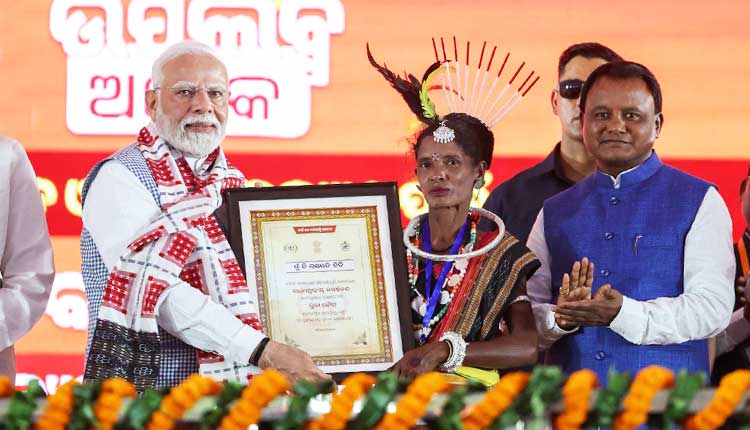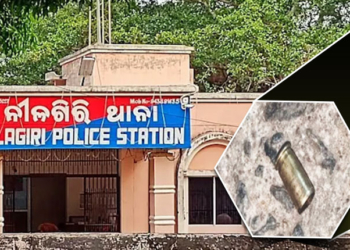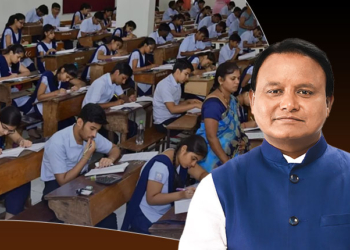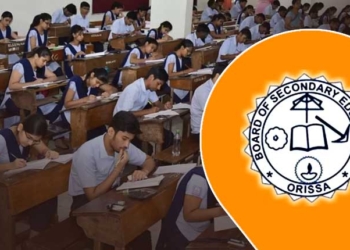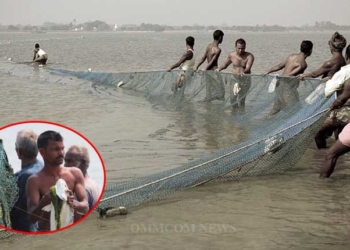Bhubaneswar: On a grand stage lit with the spirit of celebration and transformation, five women stood tall—symbolising not just individual success, but the collective rise of women-led prosperity across the nation. Among them was Lusa Gannik, a 43-year-old tribal woman from Rengali village in Jharsuguda district, whose quiet resilience and relentless determination earned her recognition as a Lakhpati Didi by none other than Prime Minister Narendra Modi at the massive Janata Maidan gathering in Bhubaneswar on June 20.
The occasion marked one year of the new state government in Odisha and eleven years of the central government. More importantly, it celebrated a decade of dreams turning into realities for lakhs of women like Lusa under the Lakhpati Didi initiative of the Odisha Livelihoods Mission (OLM) and Mission Shakti. But Lusa’s journey began long before she stepped onto that stage.
Growing up in a remote tribal belt, Lusa had known hardship from a young age. With limited education and virtually no resources, life offered her few chances. She took it upon herself to support her widowed sisters and their children.
“I may not have had a family of my own,” Lusa says, “but my family grew with responsibility. Their dreams became mine.”
In 2014, Lusa took a bold step—she joined Saraswati SHG in her village under the Kumarbahal panchayat. At the time, she barely understood the power that a Self-Help Group could wield. But things changed when the Odisha Livelihoods Mission introduced her to the world of financial literacy, enterprise training, and community empowerment.
With guidance from Community Resource Persons (CRPs) and Mission Shakti MBKs, Lusa attended multiple training sessions that opened her eyes to the power of collective entrepreneurship. With her first loan of Rs 20,000 from the Community Investment Fund (CIF), she began selling dry fish, a local staple with consistent demand. What began as a small trade at the village market ‘haat’ quickly expanded.
Encouraged by early profits, Lusa scaled up and took an additional Rs 30,000 bank loan through her SHG to invest in chilli farming. Her very first yield brought her a return of Rs 60,000–Rs 70,000, and from there, she never looked back.
She soon added brinjal, okra, and ridge gourd cultivation to her repertoire. Her farm bloomed—and so did her ambition.
What makes Lusa’s success even more remarkable is the diversity of her ventures. Apart from agriculture, she now manages a grocery shop, sells stationery, and runs a clothing outlet. Her annual income has crossed Rs 12.55 lakh, making her one of the highest-earning Lakhpati Didis in the state.
Despite her packed routine, Lusa is always ready to guide other women in the village. She shares tips, mentors new SHG members, and proudly encourages them to “dream big and start small.”
At Janata Maidan, standing beside PM Modi, Lusa received a plaque of honour and thunderous applause. The moment was broadcast nationwide. It was not just Lusa’s victory—it was the victory of grassroots transformation, of Viksit Bharat and Viksit Odisha, and of what’s possible when women are given the tools and trust to lead.
Her story is a living example of what inclusive governance, capacity building, and access to finance can achieve. It is a reminder that with the right platform, a woman from a tribal village can rise to become a symbol of national pride.




